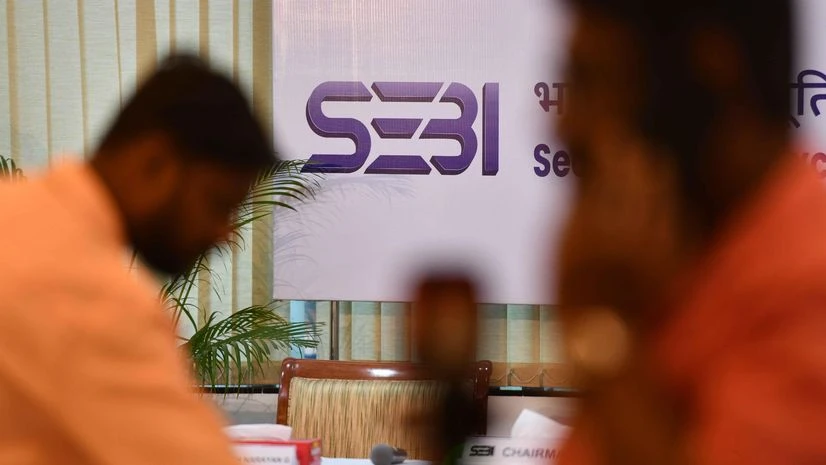The Securities and Exchange Board of India (SEBI) has taken another step toward modernising market regulations by proposing to add clear definitions for algorithmic trading and proprietary trading within its stock broker framework. In a consultation paper released on Wednesday, the regulator explained that the changes are part of a broader effort to simplify compliance, harmonise rules with the Companies Act, and ensure regulations remain relevant in a rapidly evolving trading environment.

Currently, the regulations do not define algorithmic trading, despite its increasing dominance in market activity. SEBI has proposed to define it as any order that is generated or placed using automated execution logic. The move is significant because it will formally bring such trades under a regulatory umbrella, making compliance requirements clearer for brokers who deploy automated systems.
Proprietary trading, which refers to brokers using their own capital to trade in the market for profit, will also receive a formal definition. This is expected to improve transparency and standardise the interpretation of proprietary activities across the industry. SEBI has also clarified the meaning of execution-only platforms, which are digital services that facilitate subscription, redemption, and switch transactions in direct mutual fund schemes.
)
The proposals emerged from a working group comprising exchanges, brokers, legal professionals, academics, and investor representatives. The group’s mandate was to identify ways to simplify processes, cut compliance costs, and maintain strong investor protection. Among its recommendations was the removal of outdated thresholds such as defining “small investors” purely based on a trade value limit, which currently stands at Rs 50,000 in a single day.
SEBI believes the updated framework will not only improve consistency within the stock broker regulations but also align them with other intermediary regulations in the market ecosystem. Once approved by the SEBI board, these changes will be formally incorporated into the master regulations for stock brokers, paving the way for a more adaptive and technology-friendly market environment.
For market participants, especially brokers, the clarity on definitions will help ensure compliance while embracing newer technologies such as automated order execution. For investors, the changes are expected to reinforce safeguards in an increasingly tech-driven marketplace.
For more updates on SEBI regulations, stock market trends, and smart investing insights, follow You Finance on Instagram and Facebook.














